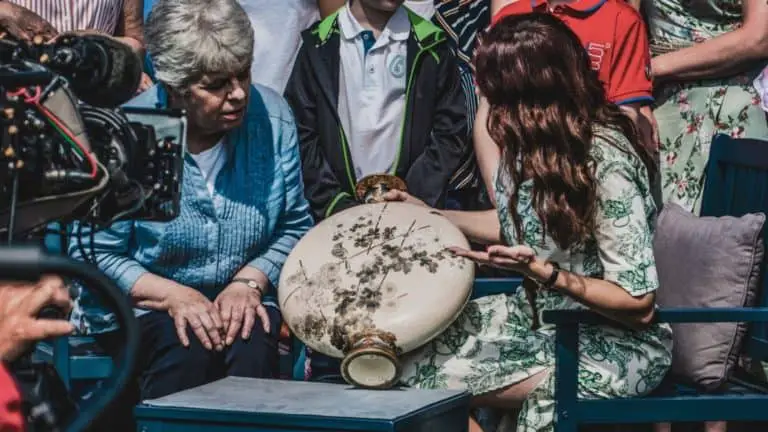Who hasn’t wondered, how much could an old silver tea set inherited from their grandmother be worth? Vintage and antiques continue to fascinate, especially among Millenials who are looking for some of the old items from their childhood. Quality antiques also offer investment opportunities just like real estate or the stock market. For those who wish to sell antiques or artworks, the first step is to give it a value.
If most people can get a quick idea of what an item could be worth from a simple observation of the piece, only a professional appraiser can provide either an estimate or expertise.
The appraisal, which is usually free of charge, is only information without any legal value. In order to obtain it, you will have to bring the antique item you wish to have appraised (or a detailed picture of it) to an expert, either in his office, at an antique fair, or via an auctioneer with whom he works. If you do not wish to go there or if your object is too bulky, you can also have your property appraised via a website like JustAnswer for instance (there are other online appraisal services like monuma.fr, valuemystuff.com, mr-expert.com, e-valueit.com, france-estimations.fr, drouot-estimations.com). Online certified antique appraisers offer this service as a first step before the estimation of the item. You will then need to send a few photos and a clear description of the item in order to get a precise answer.
Although some online companies require a subscription, JustAnswer charges only per each direct request. You can try their service by simply typing your question in the interactive chat below:
Guarantee of authenticity
An appraisal, which is free advice, can in no way be considered an expertise. The guarantee of authenticity is the only document guaranteeing the authenticity of the object, which the expert can also provide. The expert’s certificate, the amount of which is determined according to the value of the object and in proportion to the time spent by the expert, has indeed a legal value. In order for the owner of the item to be able to obtain it, the expert must imperatively see the object. Expertise based on a picture, if it is paid for, is unethical if not fraudulent.
This certificate, which engages the professional’s responsibility, can also be used to certify the value of the object in a number of circumstances, like for instance inheritance, donation, or insurance contract. The expert, who is bound by an obligation of result, is solely responsible for his expertise. The prescription period, during which it is possible to take action against him, is of five years from the moment the error is discovered.
If the artwork cannot be easily transported, like for instance in the case of bulky furniture, the expert is also happy to travel. But be aware of the additional costs incurred. After the expert’s analysis, which can be accompanied by scientific investigations and examinations if necessary (X-rays, scans, pigment checks), the certificate is drawn up. It includes, depending on the work, the dimensions, weight, materials, period, origin, and the presence or not of restoration works. The mentions that must appear on the certificate of authenticity (and their meaning) are established by law. Ideally, this certificate should be renewed every five to ten years or so to take into account the evolution of the market.
The cost of an expertise can be high. Simple expertise without any additional research costs between £200 and £300. On top of this, there may be historical, technical, and laboratory analysis costs, as well as travel expenses. If the research is more arduous, the fees vary between 1% and 5% of the amount of the estimate. Don’t hesitate to ask for an estimate and negotiate the fee.
How to choose an expert?
A renowned specialist in a specific field, the expert can also work as an antique merchant. This dual role is contested by those who believe there may be a conflict of interest. In principle, there is no reason for this: an expert is trained to deliver a selfless opinion. He can draw up the certificate of authenticity, report forgeries, and objectively assess the value of the property. However, many players on the antique market criticize the lack of independence of the profession. This has led to the creation of firms of experts who accompany their clients from the appraisal process to the sale at the best price and who are able to recommend the most suitable expert for each object. In fact, it would be difficult to excel in all fields: the expert is a specialist, and can never be a generalist.
The risk lies above all in the choice of a pseudo-expert, especially with the proliferation of online services. So how do you navigate your way through this maze? You should enquire with organizations (associations or unions) that bring together specialists whose reputation is attested by this credential. Alternatively, you can talk to a merchant or auctioneer you trust: they all work with one or more experts, and most of them offer appraisal workshops to encourage owners to bring their items to the auction house. At an antique fair, for instance, an expert chosen by the organizers is usually available to give an appraisal. Finally, experts are becoming increasingly active on the Web to offer a faster service, including remote appraisals.



